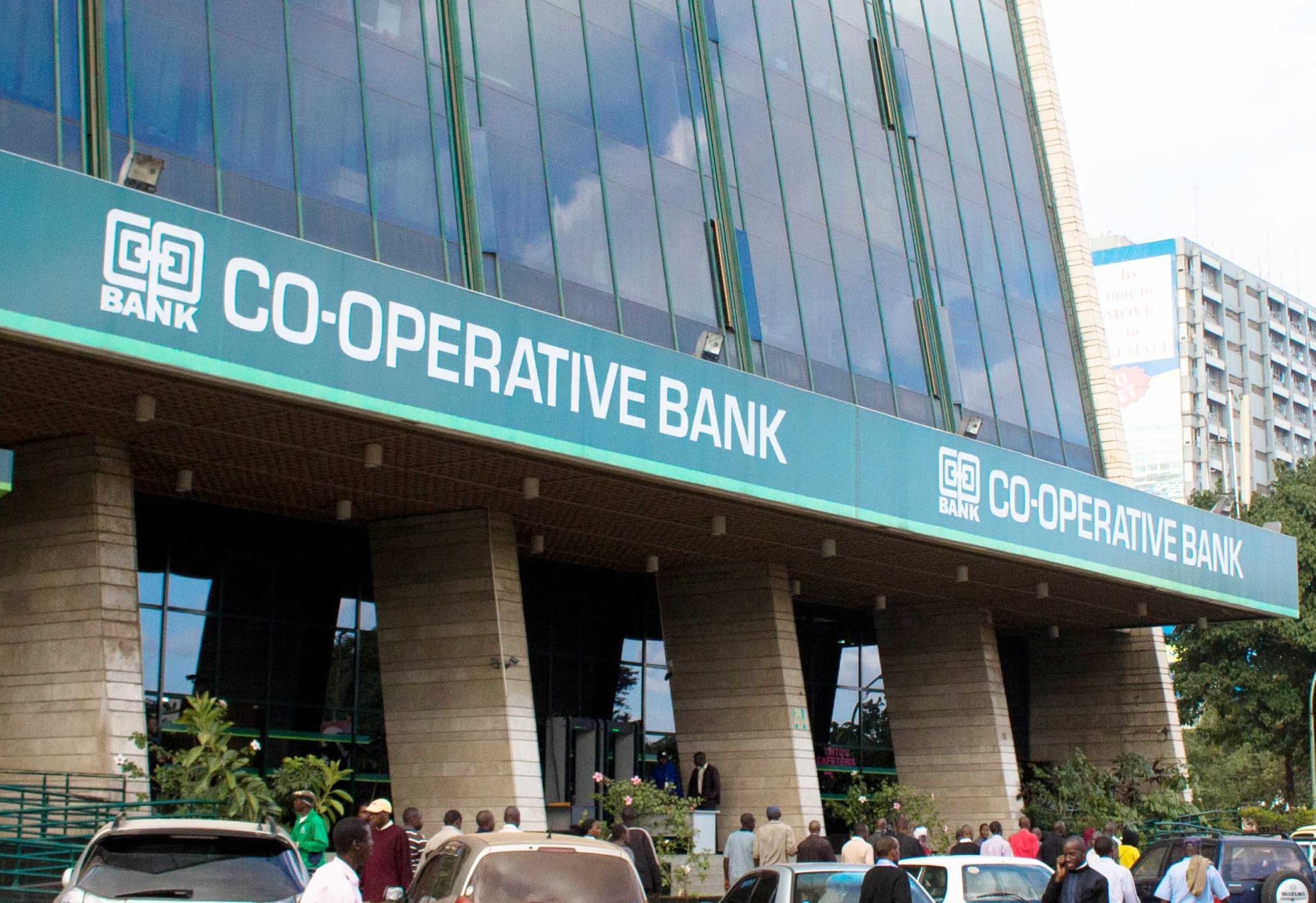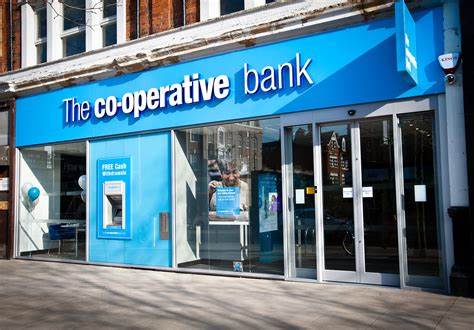In the ever-evolving landscape of the financial world, retail banking stands as an essential pillar, catering to the diverse needs of individuals and households. This intricate domain of finance, often referred to as consumer banking, extends a multifaceted array of services that encompass savings, loans, deposits, and financial guidance. Delving into the nuances of retail banking definition, we unravel its intricacies, exploring the fundamental facets that make it an indispensable part of the modern economic ecosystem.
The Bedrock of Retail Banking Definition and Scope
Contents
Retail banking, in its essence, can be defined as the branch of banking that primarily deals with individual consumers, offering an array of financial products and services tailored to their unique requirements. This segment of the banking industry focuses on providing personalized and accessible solutions to retail customers, serving as the intermediary between consumers and the broader financial markets. Key Components of Retail Banking.
Read Also: Navigating the Financial Labyrinth Unveiling Retail Banking Salaries
Deposits and Savings Accounts
At the core of retail banking lie deposits and savings accounts. These financial instruments serve as secure repositories for individuals to store their money, earning interest over time. Deposits are readily accessible, enabling customers to withdraw funds as needed, while savings accounts encourage individuals to build a financial cushion for future endeavors.
Read Also: Revolutionizing Banking The Unveiling of Retail Banking Software
Lending Services
Retail banks extend a helping hand to customers in need of financial support. Through various lending mechanisms, such as personal loans, mortgages, and credit cards, these institutions empower individuals to achieve their goals, whether it be buying a home, pursuing higher education, or covering unforeseen expenses.
Read Also: Demystifying Retail Banking Unveiling the Financial Nexus
Payment Services
In the age of digitalization, retail banks facilitate seamless transactions through payment services. They offer credit and debit cards, electronic funds transfers, and mobile banking apps, enabling customers to transact with ease and efficiency.
Investment Guidance
Retail banking isn’t limited to the preservation and lending of funds; it also encompasses investment advisory services. Retail banks employ financial experts who provide guidance on investment opportunities, helping clients grow their wealth through various investment vehicles such as mutual funds, stocks, and bonds.
Financial Planning and Management
One of the distinguishing features of retail banking is its commitment to fostering financial literacy and wellness. Retail banks offer financial planning services that aid customers in managing their finances, setting financial goals, and crafting strategies to achieve them.
The Crucial Role of Retail Banking in the Modern Economy Retail banking serves as a vital cog in the economic wheel, playing several indispensable roles
Financial Inclusion
Retail banks bridge the gap between the unbanked and the financial system, offering services to individuals who may not have access to traditional banking. This fosters financial inclusion, allowing more people to participate in economic activities.
Economic Stability
The stability of an economy depends on the soundness of its financial institutions. Retail banks, with their prudent lending practices and risk management, contribute to the overall stability of the financial sector and, by extension, the economy.
Wealth Creation
Through prudent investments and savings, retail banking helps individuals accumulate wealth over time. This not only benefits customers but also contributes to the overall wealth and prosperity of a nation.
Retail banking, with its diverse array of services, is an indispensable facet of the financial world. It empowers individuals, fosters financial inclusion, and contributes to economic stability and growth. As the financial landscape continues to evolve, retail banking remains a cornerstone of the modern economic ecosystem, continually adapting to meet the ever-changing needs of its customers.




